Jerusalem, MINA — The Humanitarian Coordinator, Jamie McGoldrick, Monday announced the release of $ 1 million from the Humanitarian Fund for the occupied Palestinian territory (oPt HF) to prevent the collapse of life-saving services in the Gaza Strip, WAFA reported, citing a press release by the United Nations Office for the Coordination of Humanitarian Affairs (OCHA) in the occupied Palestinian territory.
The allocation will go to the UN-Assisted Emergency Fuel Programme, which provides emergency fuel, mainly for back-up electricity generators, at around 250 critical health, water and sanitation facilities in the Gaza Strip.
Also Read: Israel Welcomes UNSC Gaza Resolution, Opposition Criticizes Deal
“This allocation is critical to prevent a complete collapse of services and a potential outbreak of disease,” said McGoldrick. “Unfortunately, it comes in the absence of action from the relevant authorities, who have responsibility for the well-being of Gaza’s citizens, or predictable donor support,” he added.
With daily power outages of up to 20 hours per day, approximately 950,000 litres of emergency fuel are needed per month to enable life-saving services in the Gaza Strip.
Funds donated for emergency fuel in 2018 have been exhausted, and the UN delivered its final stocks on September 5th.
With this allocation, at least US$ 2 million in additional support is still needed to cover the bare minimum of health and water and sanitation services relying on emergency fuel through the end of 2018. The emergency fuel funding gap comes against the backdrop of an overall humanitarian funding crisis, with record-low support levels in 2018, said the release.
Also Read: Hamas Rejects International Forces in Gaza
Gaza’s water and sanitation facilities have a near zero stock of emergency fuel, while public hospitals currently have only enough fuel to maintain essential services for a few more weeks, on average, with some facilities facing even greater risks.
Another 42 private and public health facilities have even fewer fuel stocks. Critical facilities have implemented strict mitigation measures to extend, as much as possible, fuel resources provided to date.
The Coastal Municipalities Water Utility, however, reports that sewage overflow into the streets is already occurring near Nuseirat sewerage pumping station near Gaza City.
The Municipality of Gaza reports that due to lack of fuel, garbage collection is taking place only once every 5-7 days, leaving 40,000-50,000 tons of trash accumulating on the street, posing associated health risks.
Also Read: UN Says Israel Blocking Vital Tent Deliveries to Gaza
“A $1 million allocation will support the delivery of life-saving services for around 1.5 months at critical health, water and sanitation services,” said McGoldrick. “But additional action is urgently needed to ensure sustainable delivery of emergency fuel. Palestinian families in Gaza should not be deprived of their right to access essential services,” he contiued.
The oPt HF is an emergency pooled fund supported in 2017 and 2018 by Australia, Belgium, Germany, Iceland, Ireland, Italy, Malta, Norway, Spain, Sweden, Switzerland and Turkey. It is managed by the United Nations Office for the Coordination of Humanitarian Affairs (OCHA) on behalf of the Humanitarian Coordinator to support humanitarian responses to unexpected emergencies as well as the delivery of strategic humanitarian responses identified under the Humanitarian Response Plan. This allocation brings the total amount of oPt HF support to Gaza in 2018 to $10.5 million. (T/RS5/RS1)
Mi’raj Islamic News Agency (MINA)
Also Read: 98 Palestinian Detainees Have Died in Prisons Since Gaza War Began





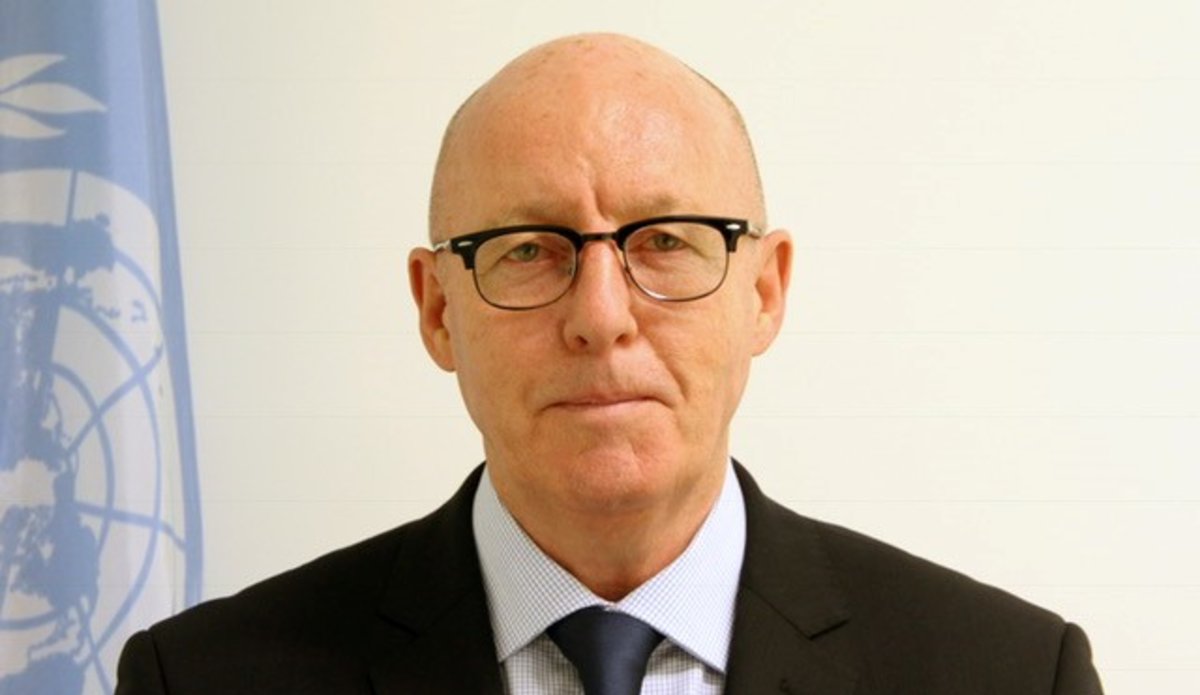


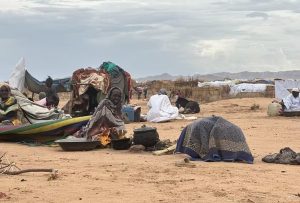
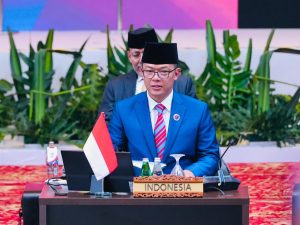



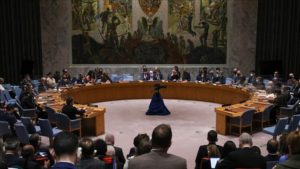
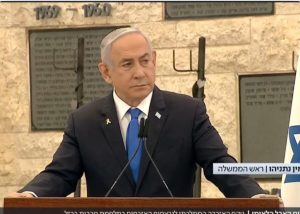


















 Mina Indonesia
Mina Indonesia Mina Arabic
Mina Arabic